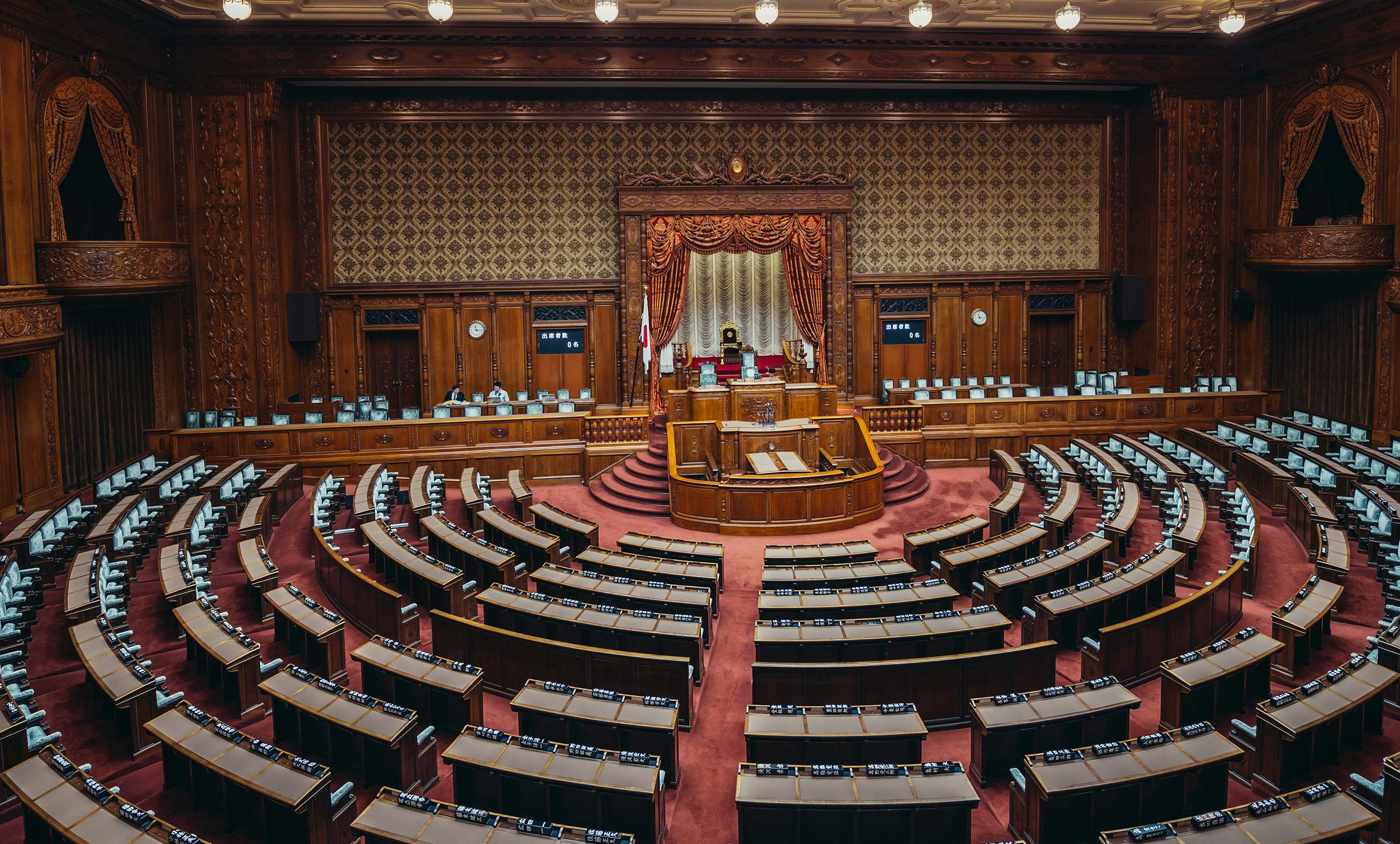Focus on Government Relations

Overnight, governments have become more important
If you asked a businessperson in 2019 which stakeholder group had the most significant impact on the economic performance of their business, they would talk about their customers. Concerns about geopolitics and regulatory uncertainty would put Government in second place. COVID-19 has changed that. This started when Government announced the lockdown. Government became even more important when it reimbursed businesses for lost revenues, distributed cash to the newly unemployed, adapted bankruptcy laws and rolled back lockdown measures, gradual or otherwise. With the bail-out of national flag carriers, industrial politics from the eighties suddenly came roaring back. And now Government looks to use the opportunity to push for structural changes that will have lasting impact on a wide range of industries, from pharmaceuticals and energy to banking and transportation. Businesses need sound relationships with Government now more than ever.
The business has time for Government relations
The COO of a global logistics firm explained that he used March and April to take decisive action to safeguard his people and the business. But by May he started wondering where he would be spending his excess time in the absence of commutes, flights and client dinners. The Chairman of a $10 billion company employing 55,000 people worldwide spent more virtual time with his teams. After decades at the helm of his business, he says he learnt new things about his own organisation that excite him.
It used to be that the amount of time an executive spent with their loved ones, was inversely related to the advances he or she could make on the corporate ladder. The bigger the responsibility, typically the more time was spent away from home. Not anymore. Senior leaders tell me their productivity increased by more than 20% during the lockdown. They are very motivated to ensure we won’t simply all go back to the way things were. And with some time on their hands, executives’ curiosity will drive them to understand exactly how Government relations delivers value.
The business is looking for efficiencies
The CEO of JDE Peets persuaded investors during a 3-day marathon of online video-calls to buy 14,4% of the company as it listed on the Amsterdam Stock Exchange, instead of traveling the world on a 14-day round the world road show. Dutch engineering firm Arcadis expects to permanently cut one third of its travel costs. The Chairman of the $10 billion company I referred to earlier walked away from the construction of the company’s new Head Quarters half-way through the building process. Banks in most Western countries are closing their offices at a much higher pace as clients don’t return after the lockdown. Energy companies are speeding up the transition to low carbon solutions with fast portfolio reshuffles dropping high emission businesses. Look at BP’s Petrochemicals sale to INEOS. And the CEO of a global energy company is moving to merge the Corporate Communications and Public Affairs outfits into one.
It used to be that internal costs challenges were a function of competitive pressures and changing markets. But due to Government response to this crisis, senior leaders throughout the economy are bringing forward transformational plans. And across the board, executives are looking for aggressive savings and better results at the same time. Government relations cannot escape.
Effective Government Relations support
I believe that this crisis doesn’t change anything about the definition of effective Government relations. What it does mean is that Government relations leaders will look for new ways to deliver value and demonstrate that they do. Helping those leaders is what I do. My next post will include some concrete suggestions. In the meantime, feel free to get in touch with us.
Posted on 24 July, 2020.
